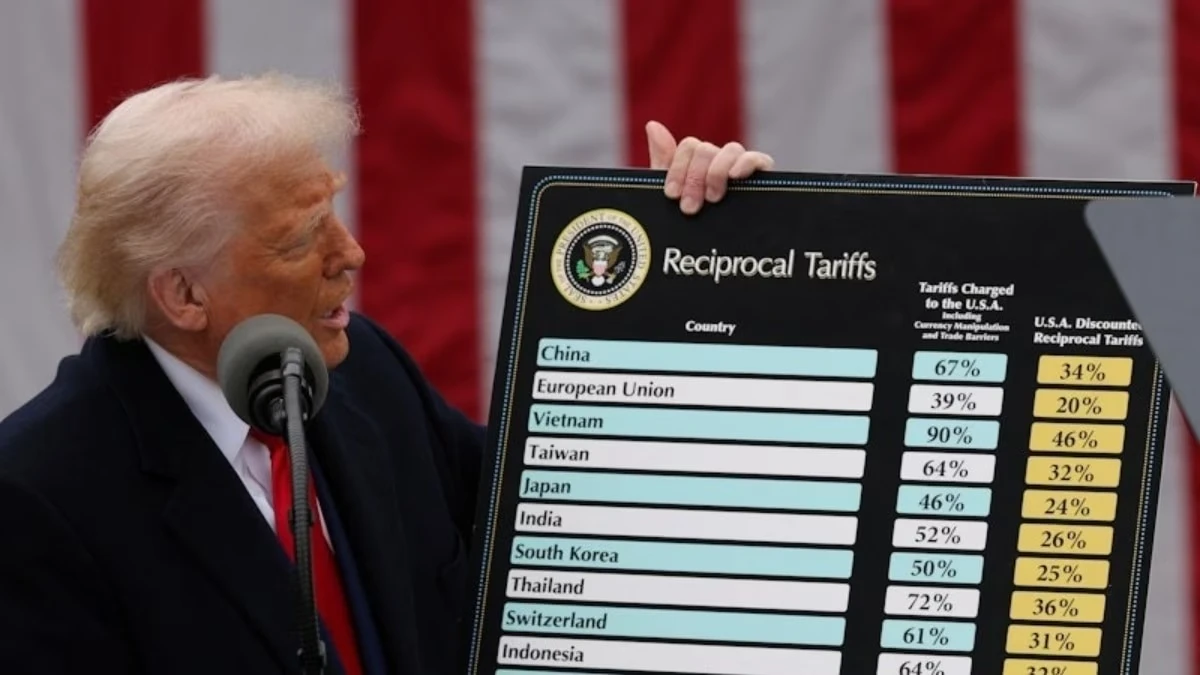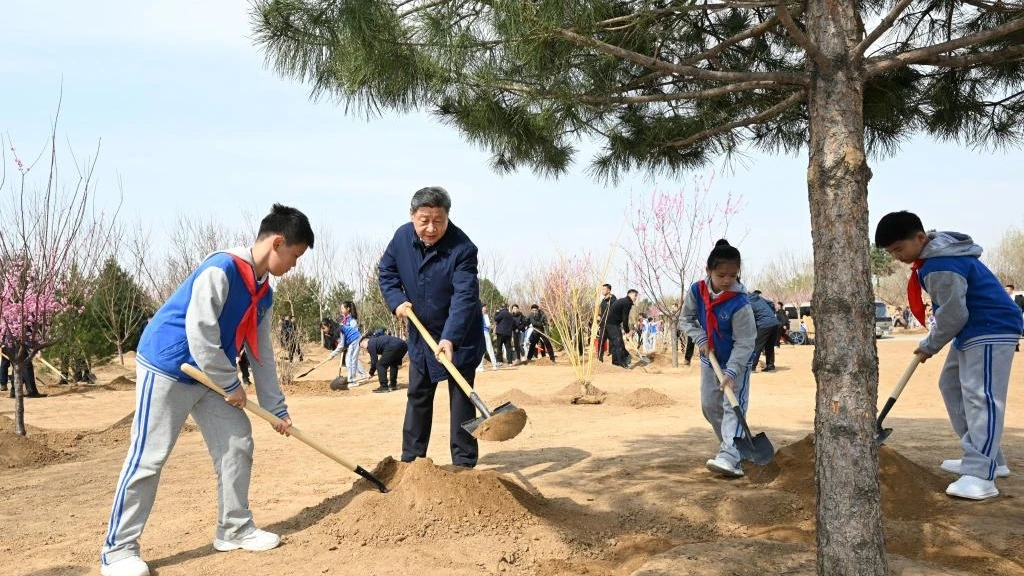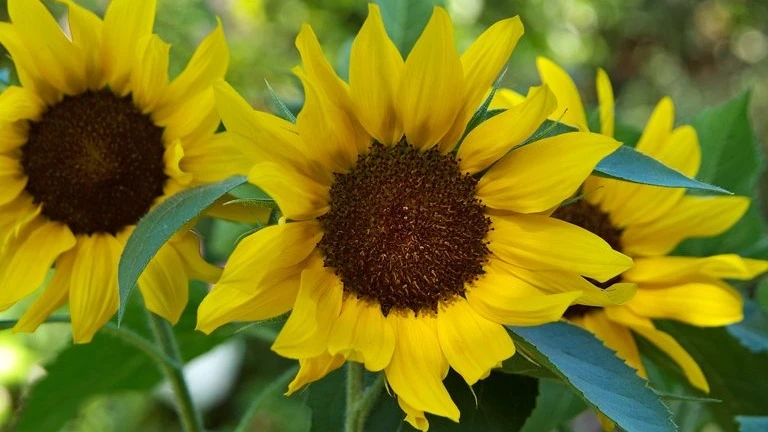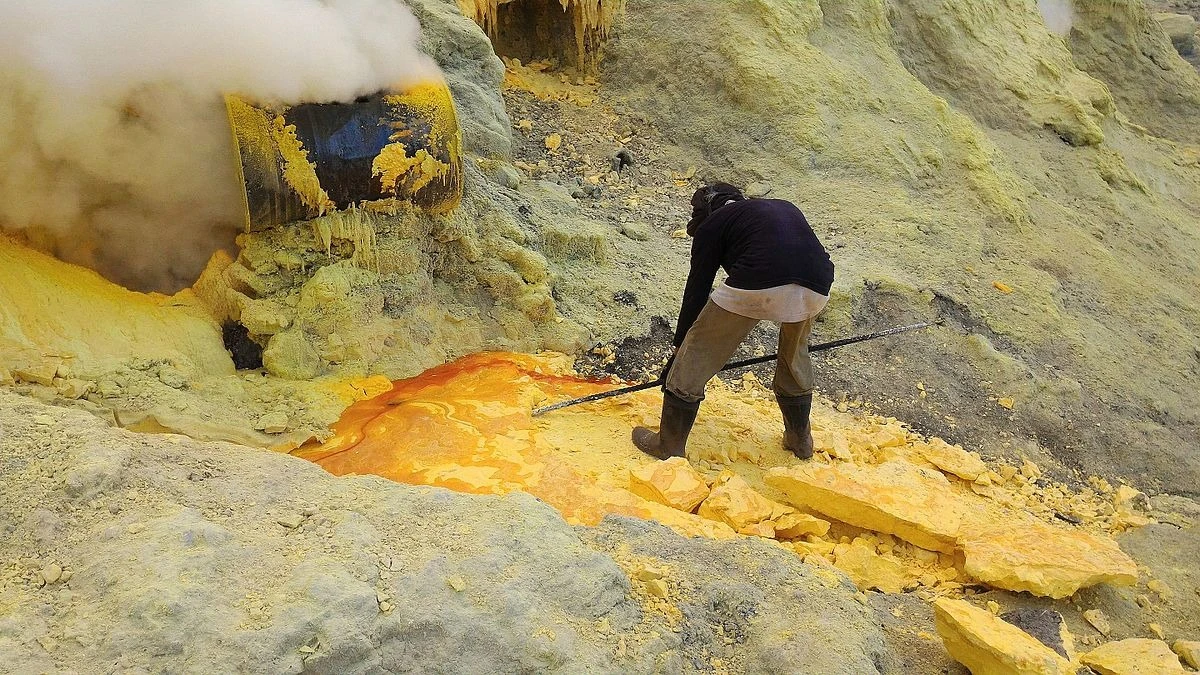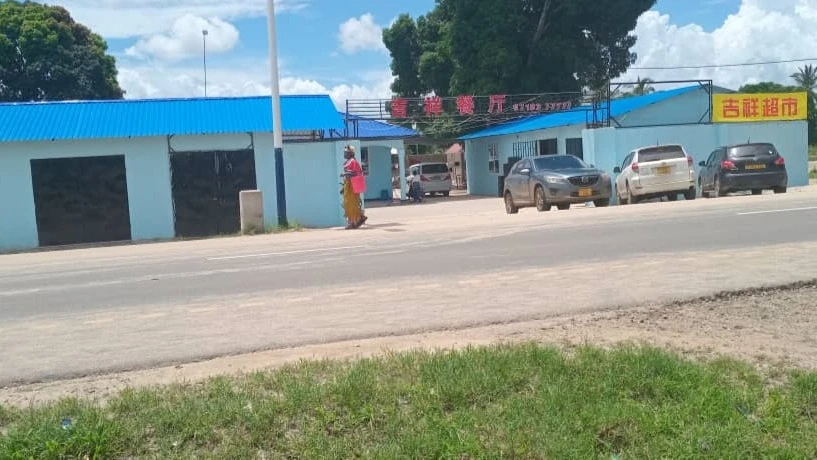CCM pushes for enhanced sunflower farming to control edible oil imports
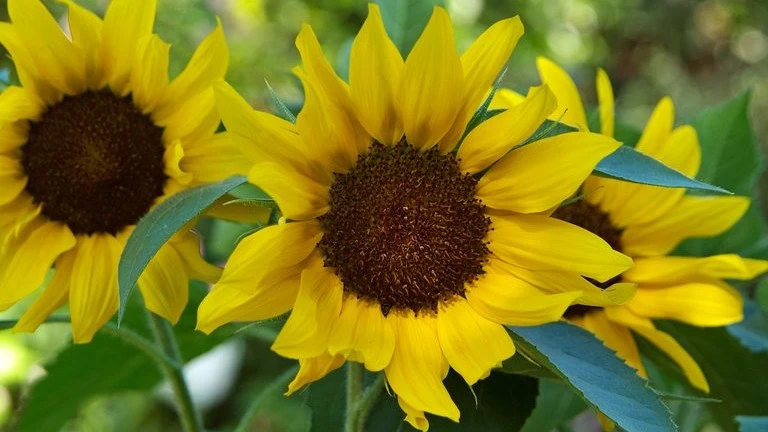
CCM Secretary General Dr Emmanuel Nchimbi has asked the Ministry of Agriculture to accelerate research and production of sunflower seeds with the goal of ensuring that the country no longer depends on importation of cooking oil.
Dr Nchimbi emphasised that providing farmers with affordable, high-quality seeds will enhance productivity in cooking oil production, enabling the country to achieve self-sufficiency in cooking oil.
Dr Nchimbi made the call yesterday during a visit to Namtumbo District, Ruvuma Region, where he inspected a farm managed by the Agricultural Seed Agency (ASA) that produces maize and sunflower seeds.
"The ministry must continue intensifying efforts to strengthen seed production and ensure farmers have access to affordable, high-quality seeds to increase productivity," he said.
"We must prioritise sunflower farming, from seed production to oil extraction, to ensure the country can be self-reliant in cooking oil production," he added.
Ambassador Nchimbi said: "It is unacceptable for the country to rely on importing edible oil when we can strengthen sunflower farming by improving seed access which increases productivity in oil production."
He also noted that CCM is committed to ensuring farmers succeed by providing quality seeds that boost crop yields and reduce production costs.
He praised CCM Ruvuma Region Parents' wing for investing in a maize seed production project and stressed the importance of the party's strategies, including those for agriculture being implemented effectively.
Chief Executive Officer of ASA, Leo Mavika, stated that the agency produces seeds for 13 crops which the Ministry of Agriculture has prioritised to help the country achieve food security.
He explained that the Namtumbo farm produces maize and sunflower seeds which are sold at affordable prices.
"One kilogramme of maize seeds is sold for 3,500/- while private producers sell the same for between 15,000/- and 16,000/-. Sunflower seeds are sold for 6,000/- per kilogramme whereas regular producers sell them for up to 20, 000/-" he said.
Mavika clarified that the farm covers 6,850 hectares with 19,000 hectares suitable for seed production although only 12,000 hectares are currently in use.
"A total of 3,308 hectares have been allocated to the community for farming and settlement. We are left with 3,500 hectares. In this area, ASA has the capacity to produce 4,402 tonnes of seeds this farming season," he said.
He also noted that ASA has purchased a seed processing machine which will be installed on-site to help reduce production costs, lower seed prices and create employment opportunities for the local community.
Furthermore, he mentioned that the agency plans to build a seed storage facility to maintain the required humidity, expand seed storage warehouse and install an irrigation system.
Top Headlines
© 2025 IPPMEDIA.COM. ALL RIGHTS RESERVED













